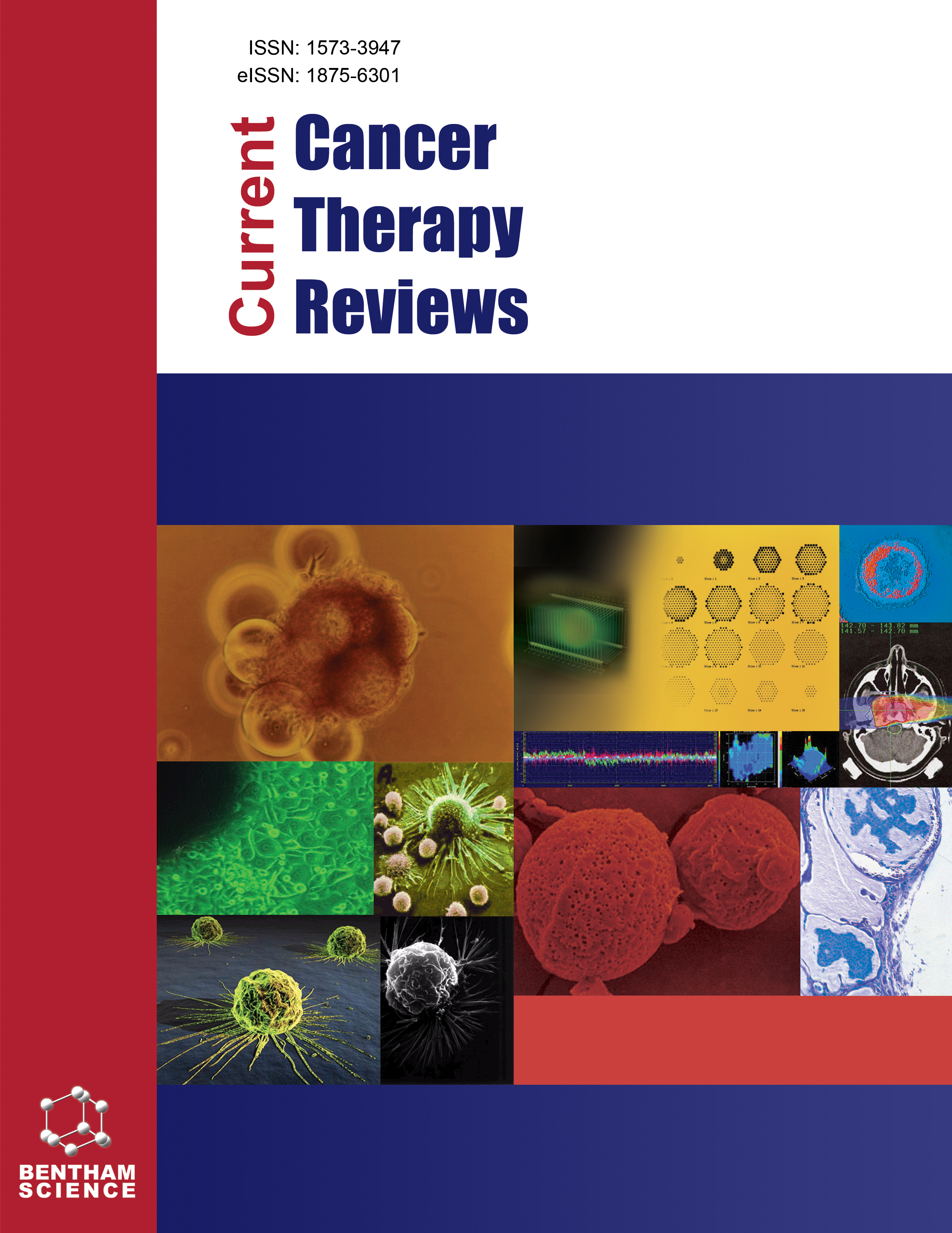
Full text loading...

Globally, lung cancer continues to be the primary cause of cancer-related fatalities. Despite significant advancements in chemotherapy, targeted therapy, and immunotherapy that have improved treatment effectiveness and increased survival rates, the five-year relative survival rate for lung cancer patients remains very low. Most cases receive a diagnosis at an advanced stage, which primarily contributes to this. Drug resistance is still a significant challenge, which is responsible for 90% of cancer-related deaths. Epigenetic alterations, including DNA methylation, RNA modification, and histone modification, play crucial roles in cancer treatment resistance. Among these, the methyltransferase-like 3 (METTL3)-induced N6-methyladenosine (m6A) RNA modification has received a lot of attention because it plays a part in the growth of lung cancer tumors, carcinogenesis, proliferation, and resistance to treatment. Researchers have identified or developed several METTL3 inhibitors that have shown promising therapeutic benefits in both in vivo and in vitro models. This review focuses on the progress that has been made in the research investigating the role of METTL3 in lung cancer treatment resistance. It also elucidates the processes that are at play and investigates prospective therapeutic options that target METTL3 to enhance treatment results and overcome drug resistance.

Article metrics loading...

Full text loading...
References


Data & Media loading...